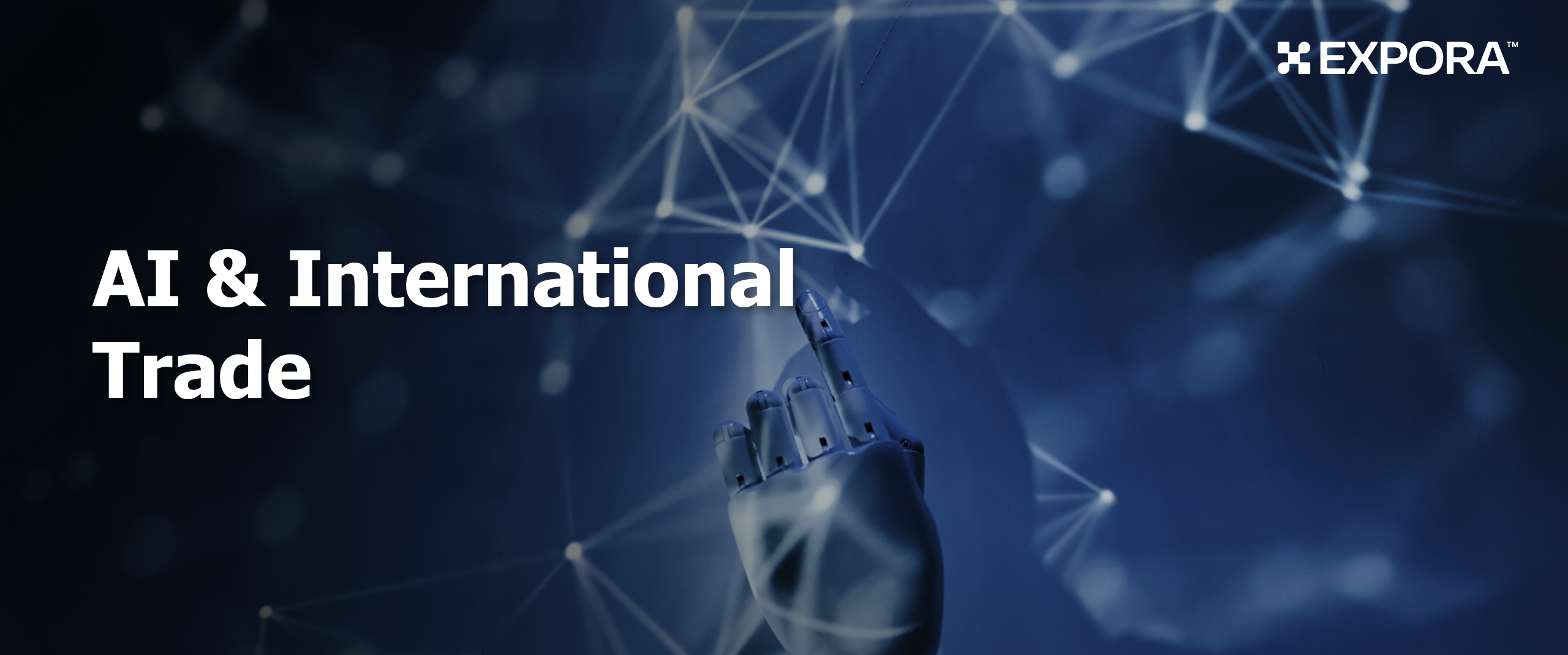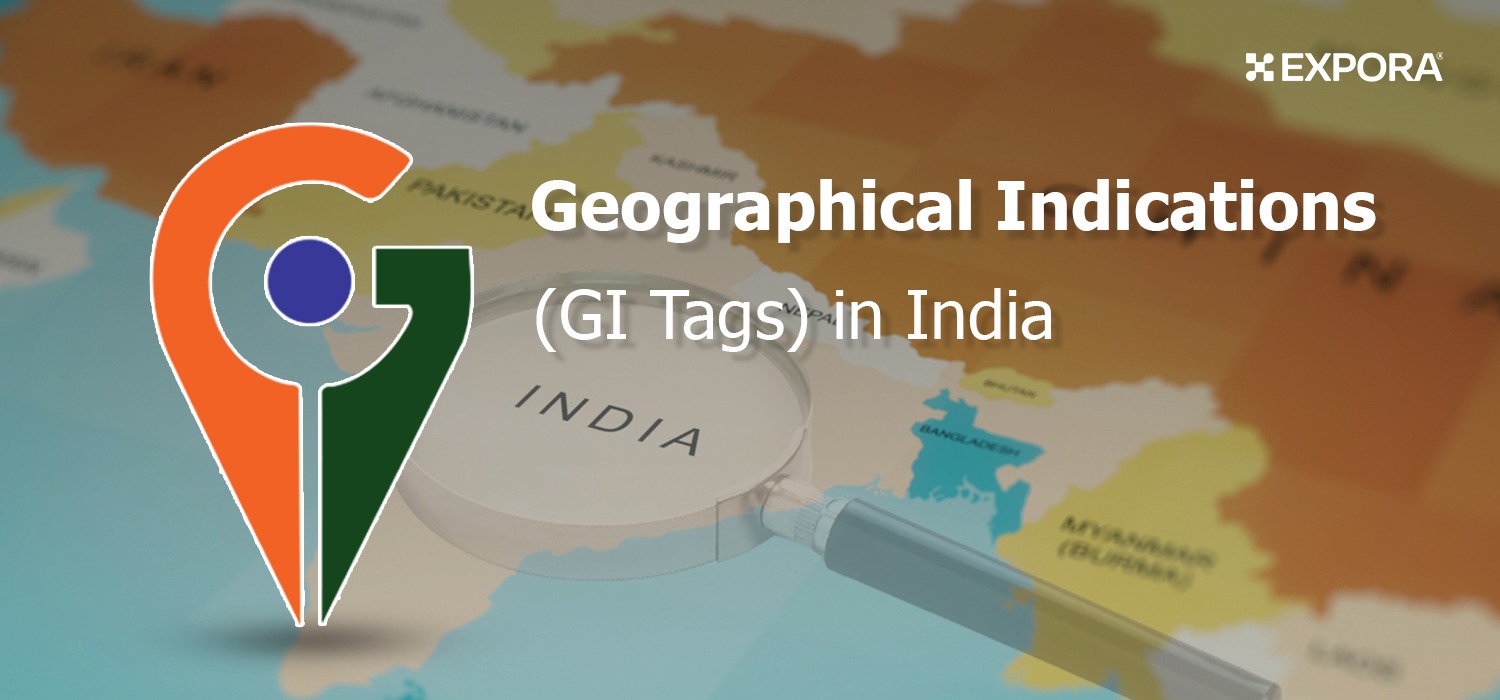Introduction In India, the majority of income comes from the agricultural sector. The nation ranks among the top producers of food items and agricultural goods worldwide. The growth rate of India’s agriculture sector predicted to be 3.5% in 2022–2023 and 3.0% in 2021–2022. In agriculture and related industries, the gross value added (GVA) increased by […]
ChatGPT and AI influence in International Trade
13 Feb, 2023

ChatGPT has been in the headlines lately on real world applications of AI and how it can be used to further automate and optimize overall processes.
The use of artificial intelligence (AI) has the potential to cut trade costs, increase efficiency, and stimulate new ideas among businesses. The economic and social effects of AI are receiving increasing attention, and this has sparked curiosity about the trade implications of AI. While artificial intelligence (AI) has the potential to significantly alter international trade and business models, trade is also a crucial mechanism through which nations and businesses gain access to the goods, services, people, and data necessary to construct AI systems and to implement AI solutions on a global scale.
Let us further analyse how AI can play a key role in Global Trade and further enhance the import and export process in global trade.
Some ways that AI could be used include:
- Predictive analytics: When we talk about global trade, there is an ocean of complex trade data freely available on the Internet. AI can further break down this complex date to predict market trends, identify potential markets, and make specific recommendations on GTM strategy for various products across markets. Furthermore, AI-based predictive analytics can help businesses to forecast demand and optimize inventory levels, which can reduce the risk of stockouts and price volatility.
- Automated Document Creation & Processing: One of the biggest challenges today exporters face is the tedious process of manual data entry for creating Export Documentation. Accuracy of documentation becomes another key challenge. AI can be used to automatically extract data from documents such as invoices and bills of lading, reducing the need for manual data entry helping exporters scale their operations with minimal effort.
- Automated Shipment Tracking: An intelligent system can further be used to track shipments, send out key alerts and keep stakeholders updated on the status of shipments. AI can be used to look at shipping data and predict problems or delays before they happen. This gives the company a chance proactively informthe customer and take steps to fix the problem. Overall, using AI to automate shipment tracking can improve the customer experience by giving accurate and timely information about shipments.
- Supply chain optimization: AI can be used to analyze global trade trends to further predict sea freight costs which can help businesses plan their shipments and also optimize sea freight costs. It can allow for more efficient and effective supply chain management by identifying demand and supply gaps which would further help predict global shipping prices and help companies make informed decisions.
- Risk Management: AI can be used to identify potential risks and fraud in trade transactions and alert the relevant parties, so they can take action to mitigate it. It can be used to monitor and analyze external factors such as geopolitical risks, natural disasters, and other events that may affect trade. This can help businesses to make more informed decisions and take proactive measures to mitigate potential risks. Additionally, AI can also be used to optimize trade finance, such as letter of credit, invoice financing, and supply chain finance, by automating the process and reducing the risk of fraud.
- Smart contracts: A combination of blockchain technology and AI can be used to create smart contracts, which are self-executing agreements with the terms of the agreement directly written into the code. This can facilitate and speed up the process of concluding trade agreements and reducing the trust deficit which is today acts as a major hurdle to global trade today. The integration of AI can improve the adaptability and functionality of smart contracts. The use of technology in international trade can lower transaction costs, promote transparency, and enhance the overall effectiveness of global trade.
Overall, the use of AI can help businesses to improve their operational efficiency which can help to ensure the stability of their trade operations and ultimately increase the confidence in the global trade ecosystem.
EXPORA as every other company will use AI to improve operations and partner benefits. AI can be utilized in risk management, supply chain efficiency, customer service, and marketing. Partners at EXPORA will benefit from the newest technology and solutions, giving them a competitive edge.EXPORA’s unique IOS model is specifically designed for businesses involved in cross-border trade. It can help you with a range of features to support the full lifecycle of import and export, including data-driven market insights to help businesses make informed decisions and grow their operations.A great platform for traders, exporters and importers to manage their process end to end with the help of technology.



